Bumping to the front in anticipation of April 15 deadline. The conference organizers invite paper presentations on a variety of topics related to gender and the law, feminist legal theory and equality issues.
————————————————————-
THE U.S. FEMINIST JUDGMENTS PROJECT:
REWRITING THE LAW, WRITING THE FUTURE
Call for Papers and Presentations
Deadline April 15, 2016
We are seeking proposals for papers to be presented during the U. S. Feminist Judgments Project conference October 20-21, 2016 at the Center for Constitutional Law at The University of Akron School of Law in Akron, Ohio. We are also seeking proposals for “snapshot” presentations to be included in the final plenary of the conference. The conference is co-sponsored by The University of Akron School of Law and the University of Nevada, Las Vegas – William S. Boyd School of Law.
This conference will celebrate the 2016 publication of U.S. Feminist Judgments: Rewritten Opinions of the United States Supreme Court. That volume brought together more than fifty feminist legal scholars and lawyers to rewrite, using feminist reasoning, significant Supreme Court cases from the 1800s to the present day. (For more information, see the project website here.) Illustrating the value of this method of practical scholarship, the volume demonstrates that different processes and different outcomes would have been possible had decision makers applied feminist theory and methods in critical Supreme Court cases despite the restrictions of stare decisis.
The conference is designed to provide the appropriate setting and the essential participants for a structured conversation that explores and assesses the effects of feminist methods and theories on real-world judicial decision making. We expect the conference will identify common core principles and propose directions for future scholarship.
To this end, we seek proposals for papers that incorporate feminist theory and methods or report on research that furthers feminist thought. The organizers view feminism and feminist theory broadly as covering issues of inequality related to gender and gender norms, but also intersectional dynamics related to race, sexual orientation, immigration status, socioeconomic class, and disability.
Potential topics cover a broad range, including women in the judiciary, women in the legal profession, women and rhetoric, women in politics, empirical studies involving gender or gender norms, feminist theory, reproductive freedom, pregnancy, reproduction, families, sex, sexuality, violence against women, employment, sexual harassment, or affirmative action. We welcome with enthusiasm proposals from faculty in disciplines other than law, and we would especially appreciate proposals from new voices in feminism and feminist theory.
Our hope is to build on the insights of the U.S. Feminist Judgments book and to explore new avenues of inquiry for feminist legal scholarship. We hope to provide a supportive atmosphere to foster scholarship and networking among teachers, scholars, and others who are interested in gender equality and the law.
The conference will include plenary sessions related specifically to the U.S. Feminist Judgments book as well as sessions that will be more general in focus, concurrent sessions drawn from this Call for Papers, and a closing panel also drawn from this Call for Papers. The closing panel will be a brainstorming session to consider future directions for scholarly and practical projects that relate to gender equality, the judiciary, future Feminist Judgments projects, or all of the foregoing.
Concurrent Sessions – Paper Proposals
The concurrent sessions will feature presentations on any topic related to gender equality issues, with preference given to presentations related to the topics of women in the judiciary, women in the legal profession, women and rhetoric, women in politics, empirical studies involving gender or gender norms, feminist theory, reproductive freedom, pregnancy, reproduction, families, sex, sexuality, violence against women, employment, sexual harassment, or affirmative action. We will organize the presentations into panels based on the subject matter of the proposals.
Interested persons should submit a brief written description of the proposed paper (no more than 1000 words) and a resume. Please let us know in the proposal which of the above categories or what other, non-listed category best fits your proposal. Please use the subject line “U.S. Feminist Judgments Project October Conference Paper Proposals” and e-mail these materials to Maria Campos (maria.campos@unlv.edu) by April 15, 2016. We will notify selected speakers by June 1, 2016.
Brainstorming Presentations – Snapshot Proposals
The final plenary session of the conference will feature snapshots, or very brief presentations, of ideas for future projects that will advance gender equality in the law. Each selected participant will be limited to five minutes to present her or his idea or project. The presentations will be followed by audience feedback and comments. We welcome proposals for this brainstorming session on any topic related to gender equality.
Interested persons should submit a brief written description of the proposed presentation (no more than 300 words) and a resume. Please use the subject line “U.S. Feminist Judgments Project October Conference Snapshot Proposals” and email these materials to Maria Campos (maria.campos@unlv.edu) by April 15, 2016. We will notify selected speakers by June 1, 2016.
Eligibility
Anyone interested in issues of law and gender equality is eligible to submit a proposal, including full-time faculty members, fellows, visitors, and adjuncts who teach in undergraduate or graduate schools; judges; practitioners; government officials; and business, community, and non-profit leaders. The conference is free and open to the public.
There is no publication commitment associated with the conference. Presentation abstracts will be made available on the website of the Center for Constitutional Law at The University of Akron, and by mutual agreement of interested authors and journal editors, remarks may be published in a special symposium issue of ConLawNOW, the online companion journal run by the Center for Constitutional Law.
There is no registration fee for the conference but proposers and panelists must pay all of their own expenses associated with conference attendance. There will be a conference-negotiated rate at a local hotel. The University of Akron is located approximately 15 minutes from the Akron-Canton Airport and approximately 40 miles southeast of Cleveland Hopkins International Airport.
Please direct questions regarding this Call for Papers and Presentations to Kathy Stanchi (kstanchi@temple.edu), Linda Berger (linda.berger@unlv.edu), and Bridget Crawford (bcrawford@law.pace.edu).


 Here is Dr. Inniss’ bio:
Here is Dr. Inniss’ bio: R.M. Douglas (Colgate, History) writes in today’s Chronicle of Higher Education (
R.M. Douglas (Colgate, History) writes in today’s Chronicle of Higher Education (
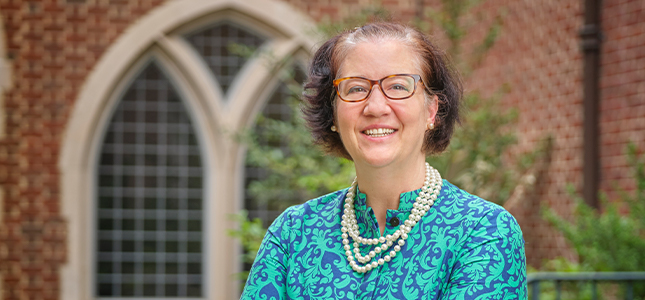 Allison Anna Tait (Richmond) has posted to SSRN her essay,
Allison Anna Tait (Richmond) has posted to SSRN her essay, 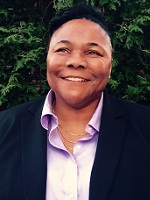

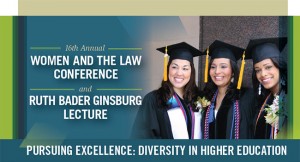
 As you may know, the
As you may know, the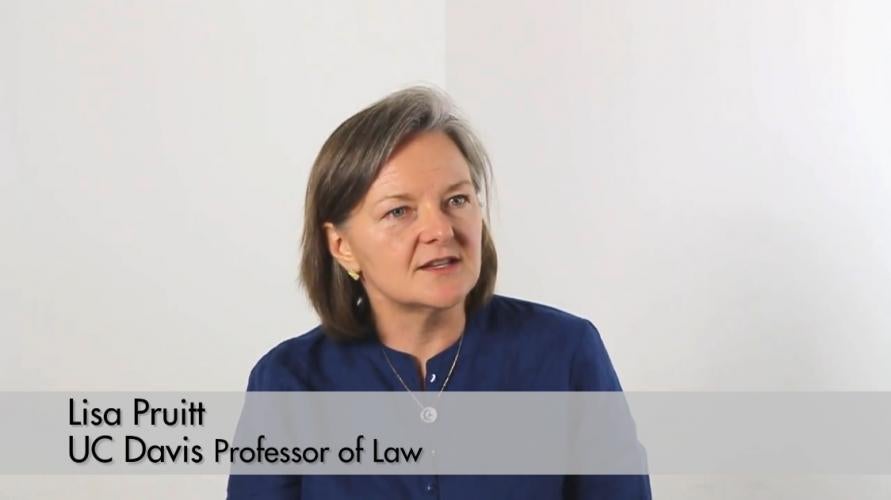 The work of Lisa Pruitt (UC Davis) is the subject of
The work of Lisa Pruitt (UC Davis) is the subject of 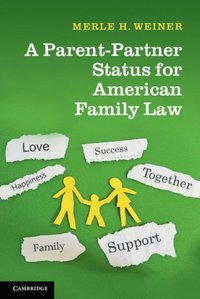 Despite the fact that becoming a parent is a pivotal event, the birth or adoption of a child has little significance for parents’ legal relationship to each other. Instead, the law relies upon marriage, domestic partnerships, and contracts to set the parameters of parents’ legal relationship. With over forty percent of American children born to unwed mothers and consistently high rates of divorce, this book argues that the law’s current approach to regulating parental relationships is outdated. A new legal and social structure is needed to guide parents so they act as supportive partners and to deter uncommitted couples from having children. This book is the first of its kind to propose a new ‘parent-partner’ status within family law. Included are a detailed discussion of the benefits of the status as well as specific recommendations for legal obligations.
Despite the fact that becoming a parent is a pivotal event, the birth or adoption of a child has little significance for parents’ legal relationship to each other. Instead, the law relies upon marriage, domestic partnerships, and contracts to set the parameters of parents’ legal relationship. With over forty percent of American children born to unwed mothers and consistently high rates of divorce, this book argues that the law’s current approach to regulating parental relationships is outdated. A new legal and social structure is needed to guide parents so they act as supportive partners and to deter uncommitted couples from having children. This book is the first of its kind to propose a new ‘parent-partner’ status within family law. Included are a detailed discussion of the benefits of the status as well as specific recommendations for legal obligations.